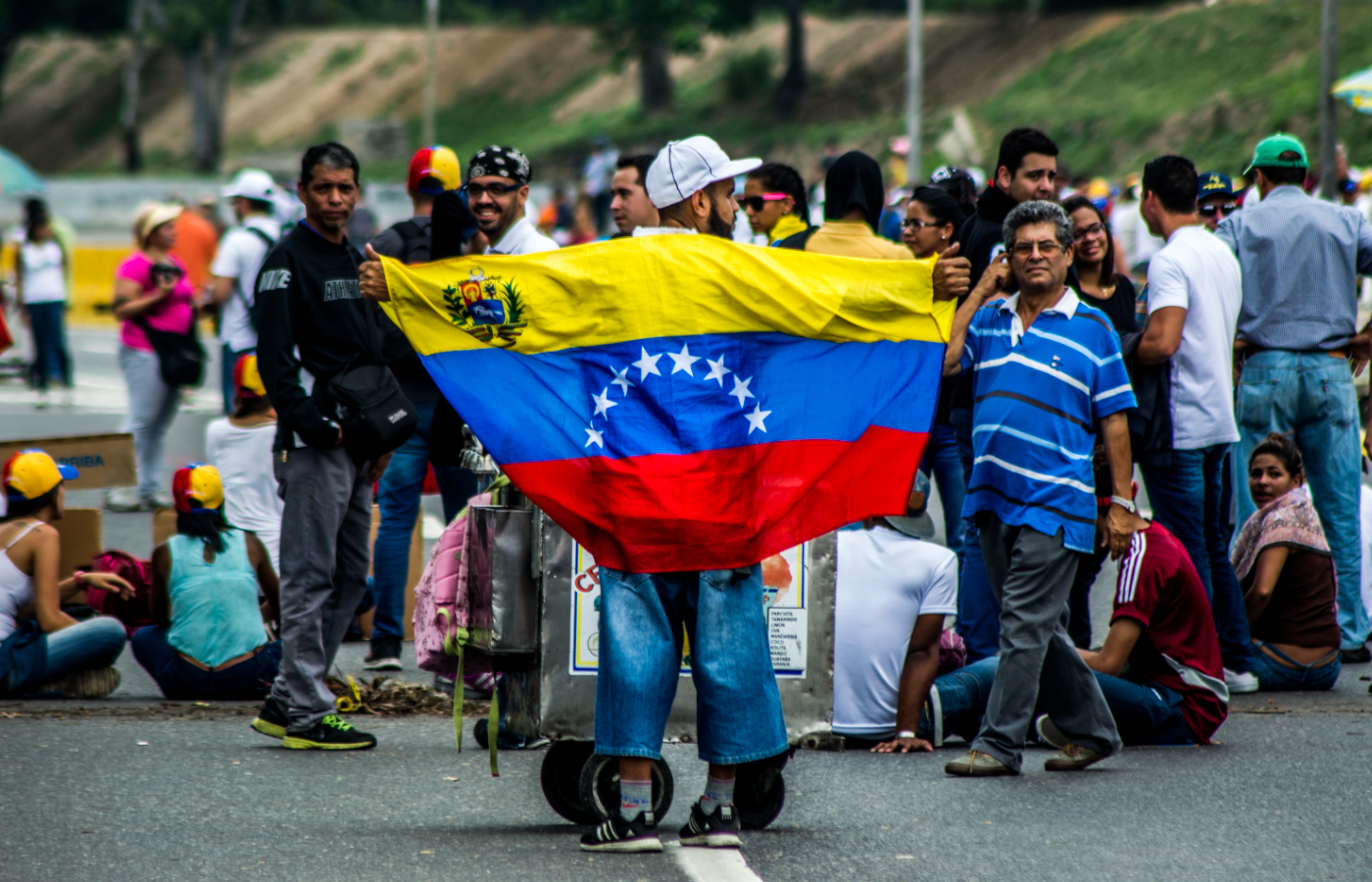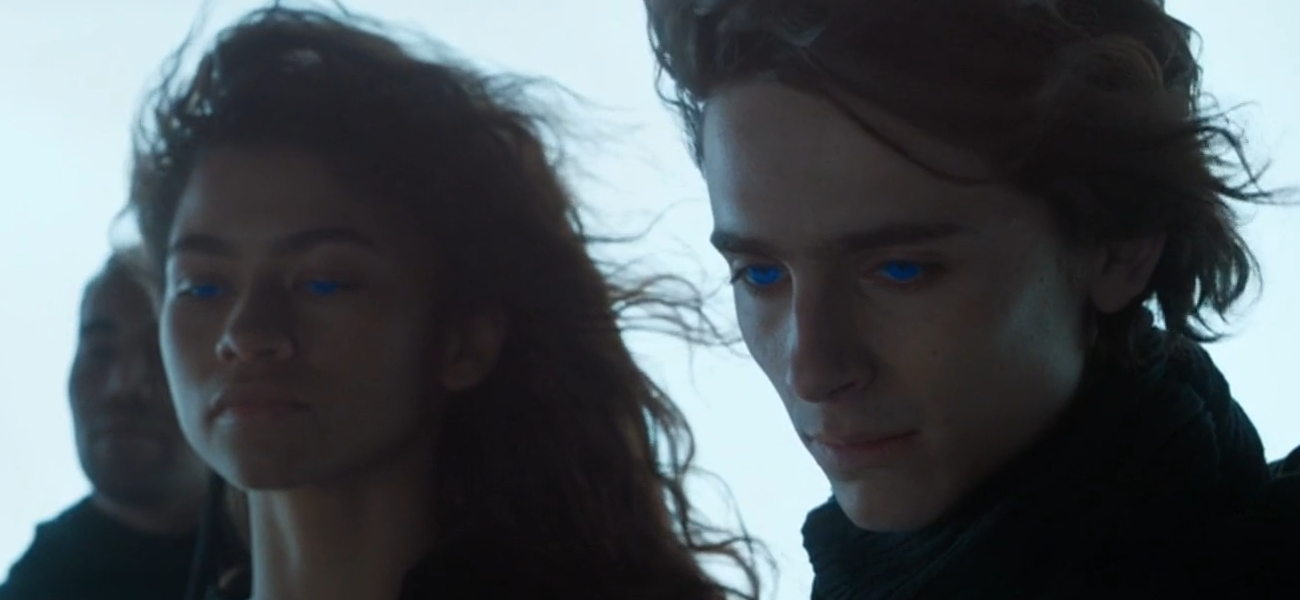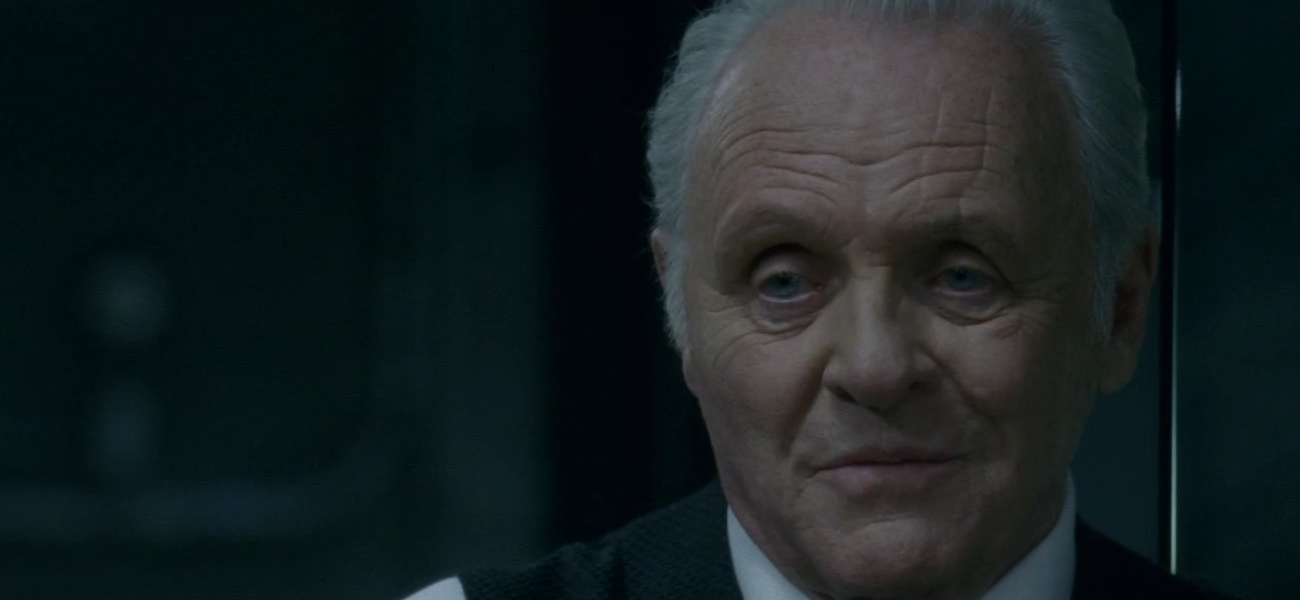What Fiction has shown me about Tyranny and Learning

Today, January 23rd, marks de 64th anniversary of the fall of Marcos Pérez Jiménez, a military dictator who oppressed my country for five years. The historic date still resonates strongly because, for the past 23 years, we've been under the rule of another, much longer, far more ruinous and corrupt tyranny.
For the majority of my life I've been involved in volunteer work in social institutions and I worked on the news for four years. This gave me exclusive access to a lot of information about what was going on here, the transgressions committed by the State with the support and involvement of foreign powers such as Cuba, Russia and China; it also gave me perspective about the transgressions common citizens commit against each other, from swindling, to the mistreatment of children and partners, to theft, to murder.
As anyone living under an authoritarian regime or in an abusive relationship, I went through many phases in my struggle with pain, anger, fear and resentment. I felt the powerlessness of the victim, the despair of the prisoner and the rage of humiliation as my country sank into a complex humanitarian emergency of indescribable proportions. I wanted to leave like so many others have, but I couldn't. So I had to learn to live with this situation, to regain freedom amidst violence and oppression. Fortunately, I'd been studying the history of tyrants for years and I'd already started my spiritual journey, which gave me precisely the tools that I required to accomplish this.
"There should be a science of discontent. People need hard times and oppression to develop psychic muscles."
From "Collected Sayings of Muad'Dib" by the Princess Irulan - Frank Herbert's Dune

I realized that tyranny was merely an expression of fear, that we're all prone to it at some point or another of our lives and that, despite the damage a government like Hugo Chávez's and Maduro's can cause, there's a purpose to it. I found myself thankful for the strength that living through this has given me and, eventually, I managed to forgive both of them, their cronies and the citizens who still defended them. Then, I embraced them as brothers and sisters again, and finally broke free from the fear. My country changed entirely for me after that.
There are many fictions that I could credit for helping me through these times, including the Lord of the Rings, the Song of Ice and Fire, Harry Potter, The Dark Tower, The Matrix, The Godfather and Penny Dreadful, but two stand out above all others. When I watched Westworld and then, years later, when I read Dune for the first time, I was amazed by the authors' profound study on oppression. I effortlessly connected with Dr. Robert Ford (masterfully played by Sir Anthony Hopkins), and by Paul Atreides and his son Leto II. Their understanding of humanity, their enormous self-awareness and the profundity of their knowledge have been tremendously useful to me; because of my experience in Venezuela, I was able to see why they had to do what they did. The major difference between these characters and today's tyrants, is that they're fully aware of their actions, they don't act in ignorance or out of fear, presenting the image of the oppressor in a more vivid, humane and expansive light, which made me feel even more vindicated and thankful for what I'd lived, one of the many ways in which these creations in particular have improved my life.
"Since I was a child, I’ve always loved a good story. I believed that stories helped us to ennoble ourselves to fix what was broken in us, and to help us become the people we dreamed of being. Lies that told a deeper truth. I always thought I could play some small part in that grand tradition. And for my pains…I got this. A prison of our own sins. Cause you don’t want to change. Or cannot change. Because you’re only human, after all."
Dr. Robert Ford - HBO's Westworld

Yes, tyrants are horrible, violence is cruel, darkness is horrifying, but unfortunately, there's no other way to learn the lessons we must learn, or rather, to unlearn the patterns we must unlearn. Tyrants don't rise to power on their own, they're propped up and helped by common folk ruled by completely unconscious drives. Only the suffering of tyranny can bring out those drives into awareness so they can be dismantled, and only through dismantling them can we regain our liberty.
The chavista regime is still holding public office, but they don't have any relevance in my life. I don't condone what they did, but I no longer need to judge them for it or even think about them. I live free and happy in my own country again, and I couldn't have done that without them, without the tyrants that have come before even in other countries, and without the narratives that have given me insight into the necessity of their existence.
The cover of this post is a picture taken by me. The other two images are screenshots from "Dune: Part One" by Denis Villeneuve and HBO's Westworld, respectively.
Comments
You can login with your Hive account using secure Hivesigner and interact with this blog. You would be able to comment and vote on this article and other comments.
No comments